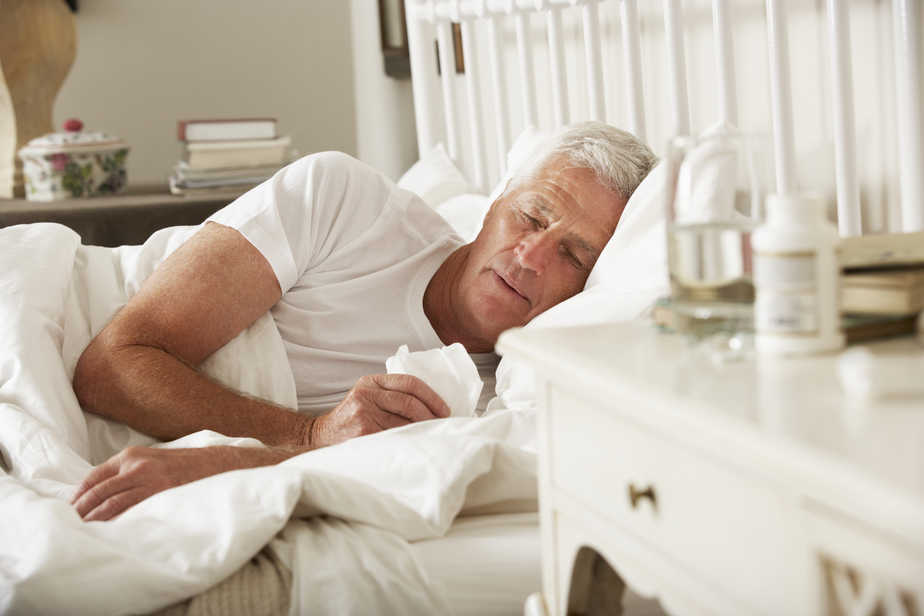
Understanding The Causes & Symptoms Of Pneumonia
Pneumonia refers to an infection in the lungs that causes the alveoli (small air sacs) to fill with pus or fluid making it hard to breathe and exchange air. Contracting pneumonia can have an extremely adverse effect if left untreated. According to the Centers for Disease Control and Prevention (CDC), over 50,000 Americans die from the disease every year. But, you can take precautions to reduce your chances of getting pneumonia.
Signs & Symptoms
The signs and symptoms of pneumonia vary from person to person depending on the severity and cause of the infection. Common symptoms include a cough with green, yellow, or even bloody mucus, fever, chills, and shortness of breath. Some patients also experience chest pain, sweating, loss of appetite, headache, fatigue, and confusion.
Causes of Pneumonia
Pneumonia is an infection with many known causes including bacteria, viruses, fungi, mycoplasmas, and even chemicals. Certain people are at higher risk of contracting pneumonia, including those who:
- Smoke cigarettes
- Live in a long-term care facility
- Have cystic fibrosis or COPD
- Have impaired cognition (dementia, stroke, etc)
- Are immunocompromised
- Have cerebral palsy
- Are diagnosed with a serious illness
- Have had a respiratory infection like influenza or bronchitis recently
- Live with dysphasia (difficulty swallowing)
Patients who are immunocompromised, and are under age 5 or over age 60, are at highest risk of serious complications from pneumonia.
Treatment
The treatment for pneumonia depends on the cause. Patients with bacterial pneumonia will require antibiotic treatment. Many patients also require a short-term hospital stay to monitor and supplement oxygen levels, administer antibiotics in the most effective way, and detect and address any decline in condition as quickly as possible. Patients with life-threatening pneumonia may require an ICU stay and subsequent post-acute stay.
The best way to improve the odds of a successful recovery is to seek medical attention as soon as you suspect you may have pneumonia. To learn more about this infection or find the right post-acute care facility for pneumonia recovery, visit our expert providers at Santé today.



